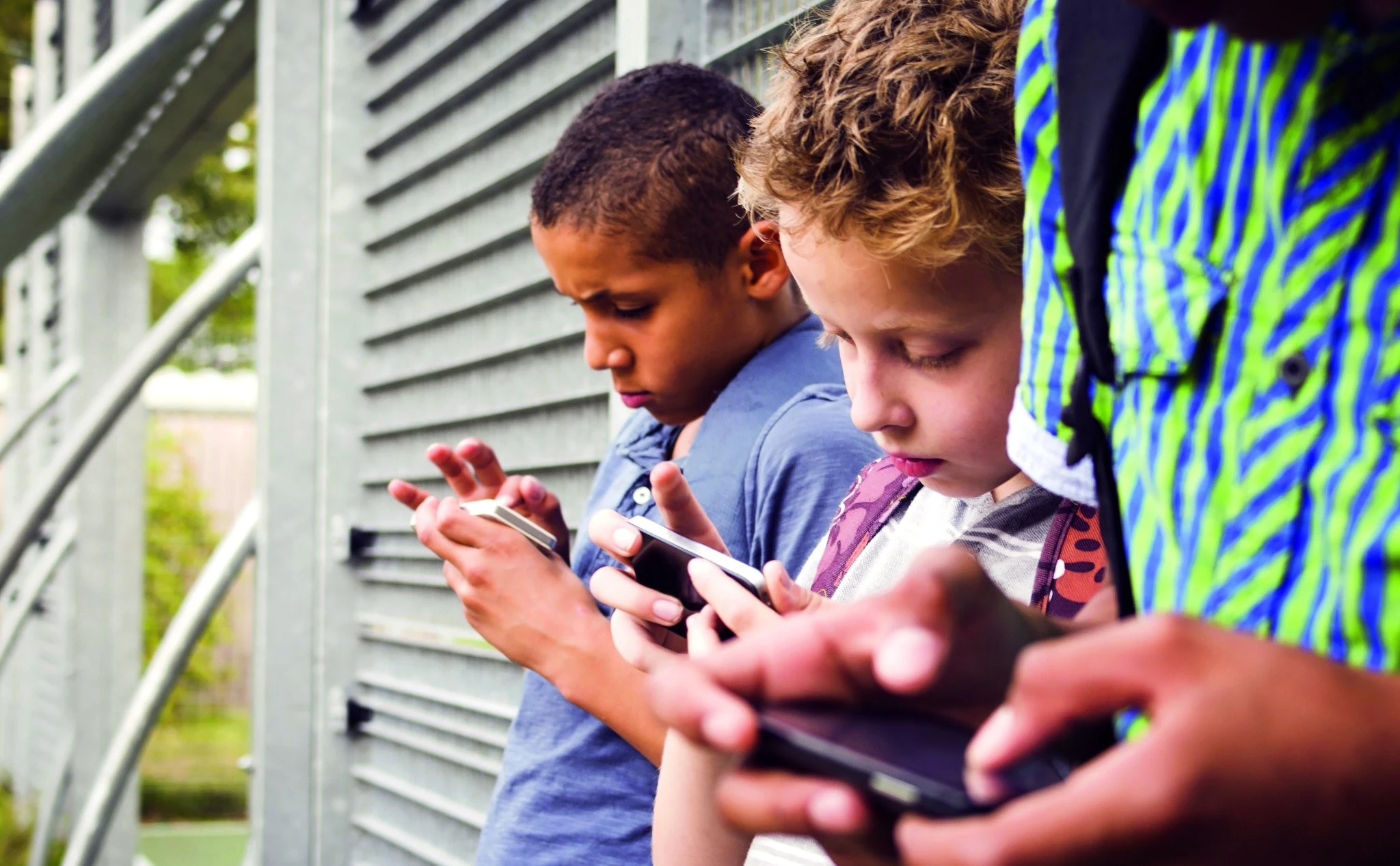Social media is an influential part of our digital world, and children today are increasingly engaged with it. While it can provide opportunities for learning and social connection, it also brings risks that can affect their well-being. For parents, understanding the pros and cons of social media for kids is essential to guide them in using these platforms safely and responsibly. This guide is designed to educate parents on the benefits and potential drawbacks, along with practical advice to help kids maintain a balanced approach to social media.
The Benefits of Social Media for Kids
1. Enhancing Communication and Social Skills
Social media provides a platform for kids to connect with friends and family, even over long distances. For children who may be shy or struggle with face-to-face communication, social media can offer an alternative way to interact, helping them develop communication skills. Engaging on these platforms teaches kids how to interact in online spaces, preparing them for future digital communication, a crucial skill in today’s tech-driven world.
2. Educational Opportunities
One of the significant pros of social media for kids is access to a world of information. Social media can introduce children to educational content, helpful tips, and inspiring ideas. For instance, many social media groups focus on academic subjects, hobbies, or special interests where kids can learn and collaborate with others. Additionally, connecting with global communities can broaden their perspectives, exposing them to diverse ideas and cultures.
3. Self-Expression and Identity Formation
Social media allows kids to express their ideas, creativity, and achievements. By sharing their art, projects, or hobbies, children can receive encouragement, which builds confidence. The opportunity for self-expression and exploration of interests is beneficial during formative years when they’re developing a sense of identity. Parents should, however, encourage kids to remain true to themselves rather than feel pressured to adopt certain online personas.
4. Developing Digital Literacy
Engaging on social media helps kids learn digital literacy and responsible online behavior. In an era where digital interaction is the norm, knowing how to navigate the internet safely is essential. Through social media, kids learn how to interact responsibly, handle different types of content, and understand privacy and security settings.
The Risks and Challenges of Social Media for Kids
1. Exposure to Inappropriate Content
While there are many pros of social media for kids, it’s important to recognize the challenges. Kids may encounter violent, explicit, or inappropriate material, especially on platforms where content isn’t always filtered. Parents often find it challenging to monitor everything their child sees, which makes having age-appropriate boundaries and guidelines crucial.
2. Cyberbullying and Online Harassment
One of the most concerning cons of social media for kids is the risk of cyberbullying. Unfortunately, the anonymity provided by online platforms can sometimes lead to negative interactions. Cyberbullying can take many forms, from hurtful comments to exclusion from social groups, and its impact on mental health and self-esteem can be severe. Parents should keep open lines of communication with their children to ensure they feel safe reporting any harassment they experience.
3. Mental Health Impacts
Social media and kids’ mental health are closely linked. The constant exposure to others’ curated lives can lead to unhealthy comparisons and feelings of inadequacy. The “fear of missing out” (FOMO) is common among young social media users, as is the pressure to post regularly and maintain an ideal image. These issues can lead to anxiety, stress, and even depression. Parents can help by discussing self-worth and emphasizing the difference between online portrayals and reality.
4. Privacy and Data Security Concerns
Kids may not always understand the risks associated with oversharing personal information. Many social media platforms collect data, which can be used to target advertisements or, in some cases, lead to privacy breaches. Teaching kids about privacy settings and safe sharing practices is crucial to protect their information from misuse.
5. Addiction and Screen Time Issues
One of the common cons of social media for kids is its addictive nature. Social media is designed to be engaging, and children can easily spend hours scrolling through feeds, leading to excessive screen time. This can interfere with sleep, physical activity, and other important aspects of development. Parents should work to establish limits that ensure social media does not dominate their child’s time.
The pros and cons of social media for kids make it essential for parents to be proactive. Social media can be a tool for growth, learning, and connection, but it also requires careful management to avoid pitfalls. By setting clear boundaries, using parental control apps, and encouraging open communication, parents can help their children develop a healthy and balanced relationship with social media. With thoughtful guidance, children can navigate social media safely, benefiting from its positive aspects while avoiding the risks associated with excessive or inappropriate use.


